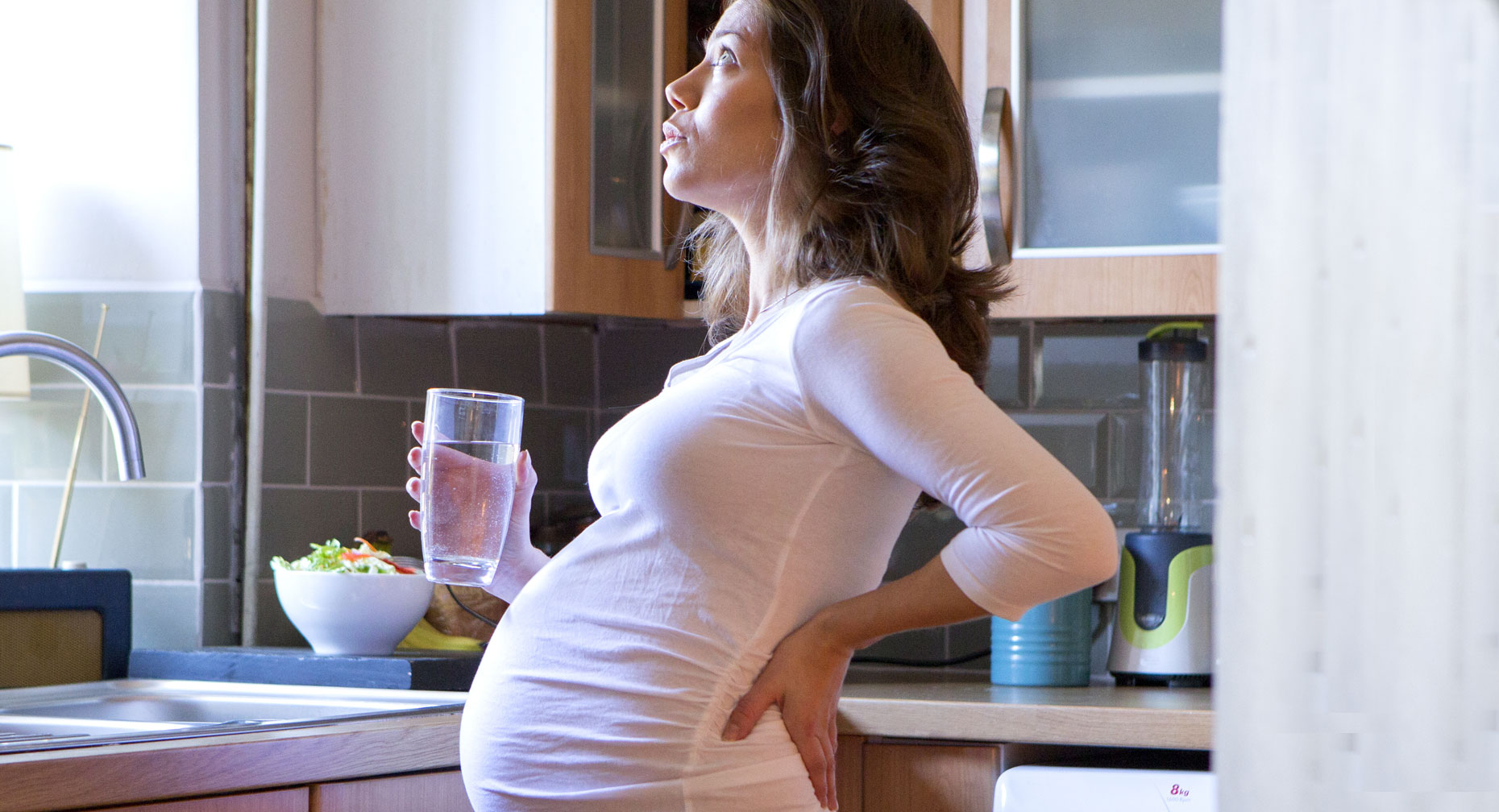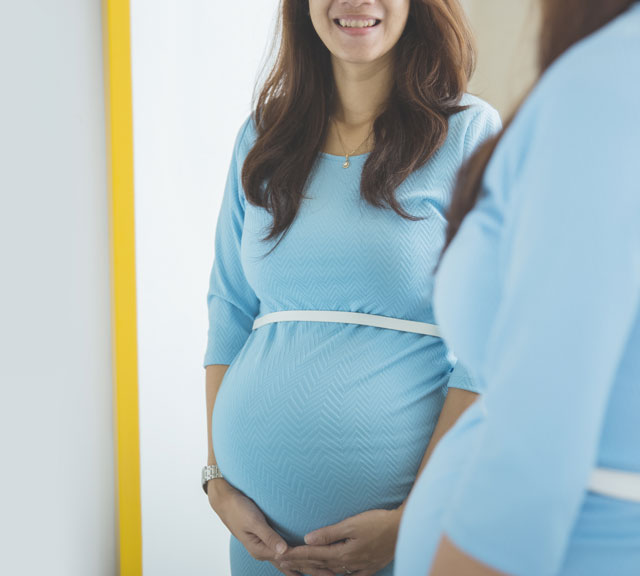Another Pregnancy Secret: Urinary Incontinence

Answer a few questions and we'll provide you with a list of primary care providers that best fit your needs.
As you likely already know, pregnancy’s side effects vary greatly. Some you’re well aware of, like weight gain and breast pain. Others are not-so-talked-about, like…urinary incontinence, also known as loss of bladder control.
Yes, the health of your bladder and pelvis can be affected by pregnancy not only while you’re expecting, but also right after childbirth and beyond. The good news is that you don’t have to let a leaky bladder rule your day.
The National Association for Continence reports that urinary incontinence, or UI, affects close to 18 million women. The most common type of UI — and the one most related to pregnancy — is stress incontinence, where you experience bladder leakage due to an action that causes pressure on your abdominal muscles, such as coughing, sneezing or laughing.
Read on for details about why UI shows up during and post-pregnancy, and what you can do about it.
Incontinence During Pregnancy
Hormonal changes contribute to that increased need to go to the bathroom while you’re pregnant. Those hormones can be attributed to UI as well. In addition, your baby is pushing down on your bladder and pelvic floor muscles, and pregnancy can also interfere with the normal function of your urethra (the tube that carries urine out of the body). All of those factors working together can result in bladder leakage before your baby is born.
Incontinence After Childbirth
Urinary incontinence may continue after pregnancy as well. Having a vaginal delivery can weaken the muscles around your bladder and pelvis, which often leads to stress incontinence. You may notice UI soon after delivery while you’re recovering from childbirth, and it may improve in time. On the other hand, it might not go away at all.
What You Can Do About UI
Fortunately, several options exist for relieving incontinence both during and after pregnancy. These include:
- Kegel exercises — Many women can eliminate stress incontinence by doing pelvic floor exercises on a regular basis.
- Lifestyle changes — Making lifestyle changes may help, such as limiting your fluid intake, or cutting out caffeine and alcohol, which can irritate your bladder.
- Bladder training — Going to the bathroom at set times, before you get the urge to urinate, can help you regain bladder control.
- Medicines — Some medications can reduce certain types of leakage by helping to relax the bladder muscles and prevent bladder spasms.
- Surgery — A sling procedure involves a small piece of tissue or mesh being added to the urethra to help it close properly.
Urinary incontinence treatments will depend on your age, overall health history, type of incontinence you have and other factors. Talk to your doctor or health care provider about what options might be best for you.
One Other Possible Cause: Prolapsed Bladder
A prolapsed bladder, also called a cystocele, occurs when your bladder sags down into your vagina. This happens when the tissue between the bladder and vagina gets weak. The sagging bladder can cause your urethra to stretch. That can lead to a leaky bladder, discomfort in the pelvis, and difficulty emptying your bladder fully.
Yes, the health of your bladder and pelvis can be affected by pregnancy not only while you’re expecting, but also right after childbirth and beyond.
A cystocele can be managed in a variety of ways. Treatments include changes in activity, such as avoiding heavy lifting or straining that can cause your cystocele to get worse; a device called a pessary that is put in the vagina to hold the bladder in place; surgery to move the bladder back into a more normal position and hold it in place; and estrogen replacement therapy to help to strengthen the muscles around the vagina and bladder.
Whatever the cause of your leaky bladder, don’t be shy about bringing it up with your doctor. Remember, they deal with this stuff on a regular basis and just might have a solution that could soon make your days and nights more comfortable and enjoyable.
Answer a few questions and we'll provide you with a list of primary care providers that best fit your needs.
Source: Office on Women’s Health; Everyday Health Media, LLC; National Association for Continence




